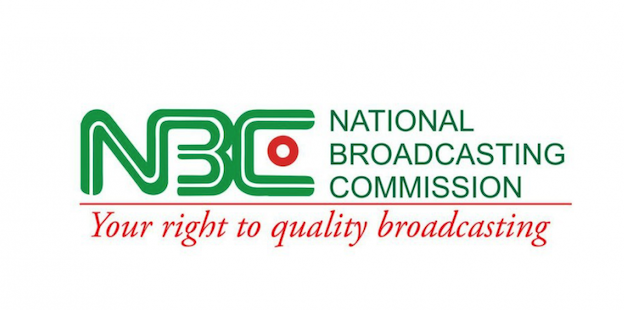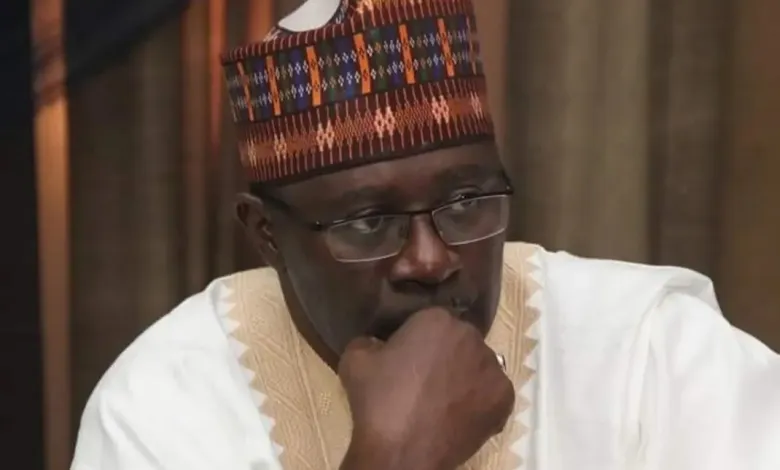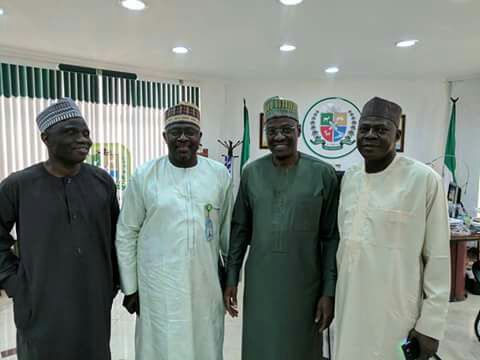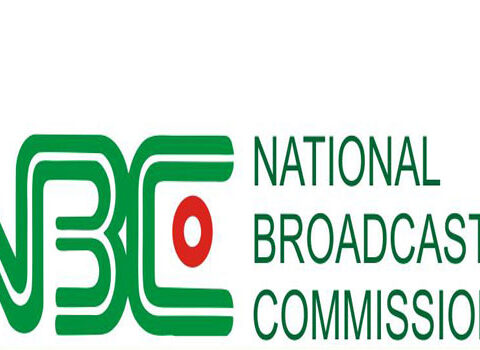“T[he]…passiveness of the media regulator, the National Broadcasting Commission (NBC) to challenge…bias and effectively regulate the broadcast media is not fully consistent with regulatory framework for the elections or international standards requiring the state controlled media to ensure fair and equitable access by contesting parties” – European Union Election Observation Mission (EOM).
Last week in Abuja, the European Union’s chief election observer for the 2015 Nigerian elections, Santiago Fisas, released the Final Report of the European Union Election Observation Mission. The 58-page report touched on several issues that were relevant to what, arguably, was the most important elections held in Nigeria, since the 1999 transition to civil rule. The stakes were very high indeed and as the report pointed out: “the campaigning environment was extremely competitive and tense. Incidents were reported in all parts of the country resulting in more than 160 people killed in election-related violence.” The report continued, “issue-based campaigning was overshadowed by negative tactics, with increasing use of inflammatory language, hate speech and religious, ethnic and sectional sentiments and appeals” [Pg. 5].
On the place of the media in the elections, the EU report stated that “the steady growth of private outlets and use of social media contributes to pluralistic media environment overall”, even when the broadcast media continues to be dominated by federal and state government-controlled media, “which primarily serve incumbents’ interest”.
On the point of the state-owned broadcaster, the EU mission monitored the Nigerian Television Authority (NTA) and Federal Radio Corporation of Nigeria (FRCN), the broadcasters with the widest coverage and the report stated clearly that: “both provided extensive exposure of PDP and its officials (the President and Federal Government). On NTA news, coverage of PDP and its officials totaled 84%, which contrasted with APC’s 11%. A similar pattern was identified in FRCN’s news, and in NTA’s editorial programs. More extreme uneven coverage was identified in some state-controlled radio stations, with over 95% of airtime allocated to incumbent governors seeking re-election. Thus federal and state government controlled media gave incumbents clear advantage over their opponents”[Pg. 5]. The EU EOM’s quantitative analyses of the NTA and FRCN showed that they were clearly biased in favour of the PDP and the incumbent government: “of the overall prime-time news coverage dedicated to presidential candidates, NTA and FRCN allocated to President Jonathan 85% and 77%, respectively. Inequalities were even more apparent in other NTA prime-time programs that almost exclusively covered only the ruling party, incumbent president and government, merging formal official functions with campaigning” [Pg. 24-25]. The report also exposed the crude bias of the private broadcaster African Independent Television (AIT), which was part of the NBC-NTA triangle of very vile propaganda, against the opposition but especially the opposition presidential candidate, Muhammadu Buhari. And this is the heart of the matter!
The National Broadcasting Commission (NBC), is the regulatory body for Nigerian broadcasting and by law, is expected to ensure that broadcast organizations strictly adhere to standards of objectivity and professional ethics in their electoral and other outputs. But in the lead up to the 2015 elections, NBC became partisan and was therefore unable to regulate, enforce the rule, or sanction offenders like AIT, because the Director-General of NBC himself, Emeka Mba, was a staunch supporter of President Goodluck Jonathan. He labored under the delusion that he had presidential cover and was under the wings of Jonathan’s SGF, Pius Anyim, as well as being very close to the controversial Diezani Allison-Maduekwe.
Against this backdrop, NBC lost focus and became very much part of the problem. Similarly, Nigeria has not been able to position the NTA and FRCN as genuine public service broadcasters, in the tradition of the BBC, SABC or CBC. In those traditions, the public service broadcaster is dedicated to the national good, and is not operated as the propaganda mouthpiece of the regime or administration in power. In the Nigerian setting, the appointment of the leadership of these organizations takes place in a context that obliges them by tradition and practice, to operate a groveling tendency of servitude. The activities of the president and his wife become the most important items of day-to-day news, while in the election season the stations are turned into handmaidens of the electoral interests of the incumbent leader and his political party.
In a season of change, Nigeria has very vital decisions to make about the National Broadcasting Commission (NBC) and the NTA and FRCN. The NBC’s leadership today is very much part of the baggage of the Jonathan period and that brings into sharp focus the need to shield the institution from the type of crude partisanship exhibited in the lead to the 2015 elections. NBC should play its regulatory role; able to hold broadcasters to their obligations as well as being able to sanction violators of the Nigerian Broadcasting Code as they relate to election coverage. That means that the Director-General of the NBC must never be part of the media team of the incumbent president or become so obviously biased in favour of an incumbent. As the EU EOM report clearly showed, NBC’s “passiveness” handicapped its ability to “challenge…bias” and it could not “effectively regulate the broadcast media” during the last elections. Similarly, a decision has to be made about running the NTA and the FRCN as genuine public service broadcasters dedicated to the best interests of Nigeria through a firm fidelity to the best professional practices that eliminate crude partisanship in favour of incumbent administrations. A government committed to positive change in the way Nigeria is run must have a serious interest in placing these national institutions on the very best footing possible. As we saw in the 2015 elections and even before, these media outfits’ partisan coverage makes it difficult for them to have any real credibility with the Nigerian people. That can be changed for the better. It is heartening to note that the EU EOM report noticed the fact that, “Positively, some private media provided overall balanced and fair coverage of key contesting parties” [Pg.6]. Nigerians are in debt to media outfits that stood for democratic consolidation and accurate reportage of elections which, in the final analysis, led to the peaceful transfer of power in our country.





